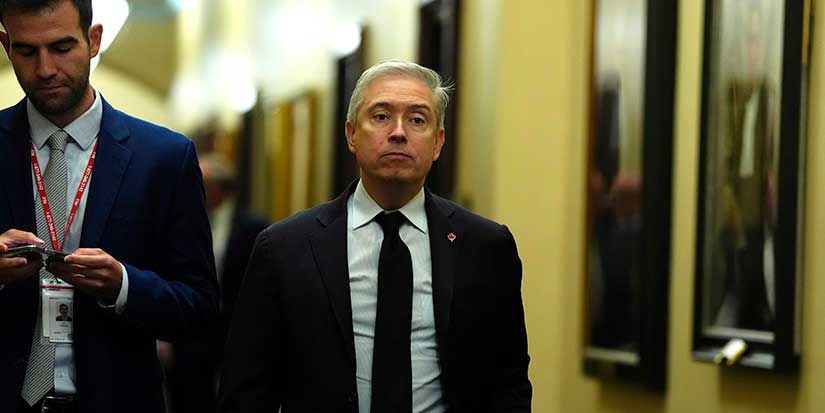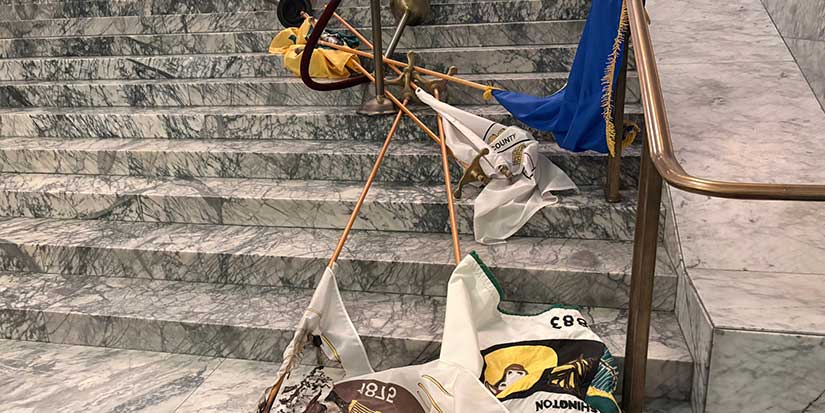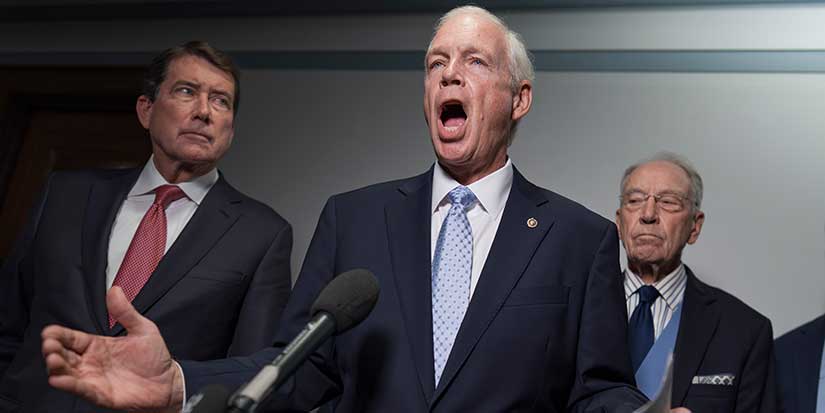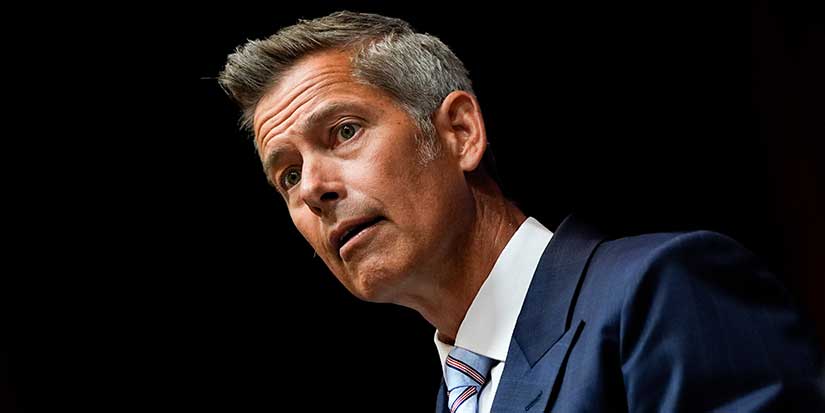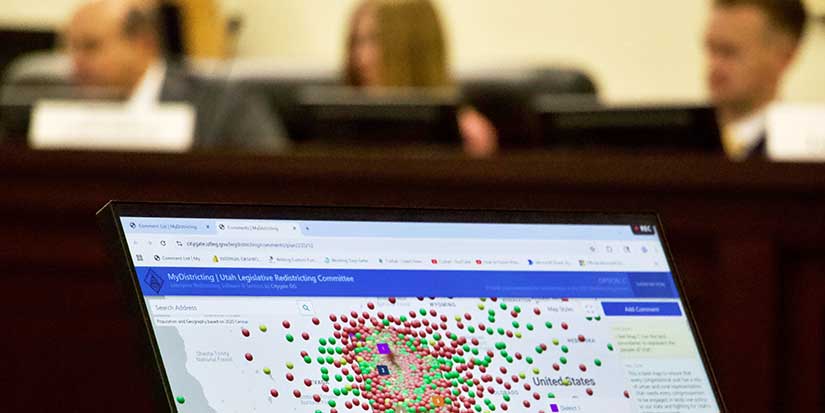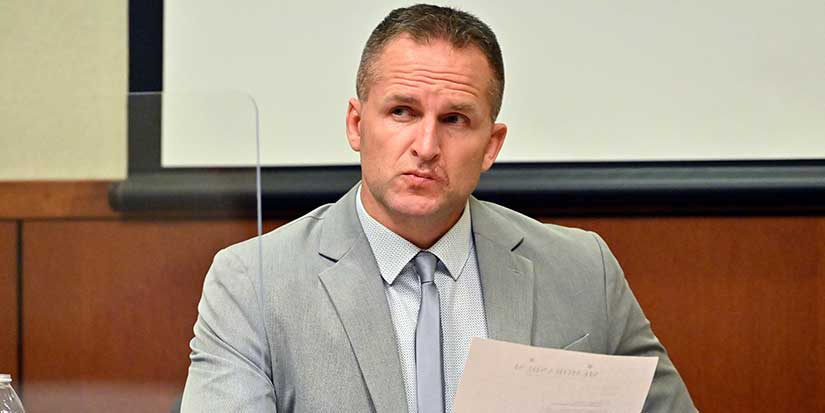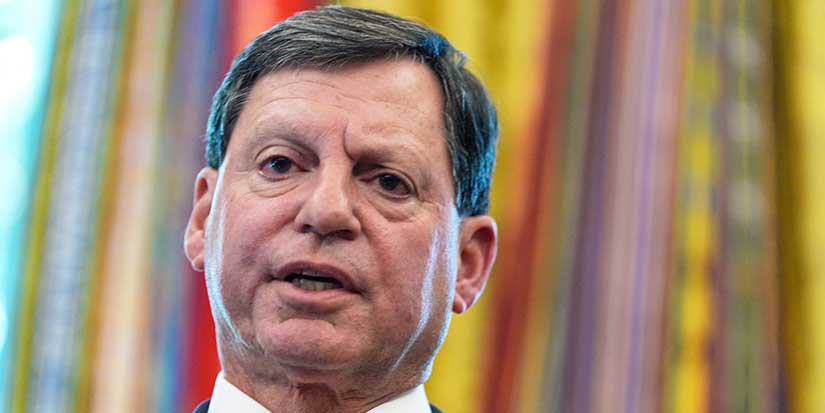National News
With deficit set to soar, Ottawa shifts budgets from spring to fall
Published 10:22 PDT, Mon October 6, 2025
Last Updated: 2:19 PDT, Mon October 6, 2025
—
Finance Minister François-Philippe Champagne on Monday unveiled major changes to how and when the Liberal government will introduce federal budgets in the future as the focus on Ottawa's current fiscal path intensifies.
Champagne announced the Liberal government plans to table the federal budget in the fall going forward, starting with the Nov. 4 spending plan — ending the long-standing practice of releasing the document in the spring.
The typically shorter economic and fiscal updates will now come in the spring, closer to the start of the fiscal year on April 1.
Questioned by reporters Monday, Champagne argued this shift will offer the "clarity" departments, businesses and policy-makers need to plan better for upcoming fiscal years.
The finance department also offered insight into how the Liberals plan to split operating and capital spending in the upcoming budget — part of Prime Minister Mark Carney's promise to balance operating deficits within three years.
Canada’s business investment has stalled since 2015, falling well behind sharp growth in the United States and leaving the Canadian economy “less resilient,” in the government’s own words.
That’s a trend Ottawa says it wants to reverse with a new focus on capital spending in the upcoming budget.
Direct investments in infrastructure, housing and some non-physical assets such as intellectual property will be classified as capital, as will any spending or transfers that stimulate those investments from the private sector, Indigenous communities or other levels of government.
Anything that’s not considered capital will fit into the government’s operating budget. Day-to-day program spending and transfers to Canadians and provinces that are not tied to capital investments will be considered operational.
Randall Bartlett, deputy chief economist at Desjardins, told The Canadian Press that the federal government's definition of capital spending is "selective" and not particularly helpful.
He said grants and tax incentives to fuel research and development spending — which would be classified as capital spending under the Liberal definition — are more accurately described as program spending.
"By categorizing expenditures in the way they have, they really muddy the waters around what is and is not a capital expense in Canada," he said.
The Liberals are pledging that by the time the 2028-29 federal budget is tabled, the annual deficit — what Ottawa borrows to fund its spending in a year — will be comprised solely of capital investments and all operational spending will be covered by revenues coming into the government.
Champagne argued in an interview with The Canadian Press last month that borrowing to invest in Canada's productive capacity is a prudent path forward. He said the federal government expects returns from its capital investments to help pay down the deficit in future years.
Bartlett said that credit rating agencies will likely continue to look at the federal government's budget deficits, debt servicing costs and debt-to-GDP ratios to gauge Ottawa's fiscal prudence.
Interim Parliamentary Budget Officer Jason Jacques predicted last month the total federal deficit will balloon to $68.5 billion this fiscal year, up from $51.7 billion last year. He also warned that the federal government's debt-to-GDP ratio — previously a key fiscal anchor for the Liberals — might no longer be on a declining path over the medium term.
Champagne appeared at the House of Commons finance committee on Monday, where members grilled him over Jacques' claim that the current pace of government spending is "unsustainable."
Conservative MPs accused the Liberals of covering up the government's real fiscal position.
"Debt is still debt at the end of the day," said Conservative finance critic and committee vice-chair Jasraj Singh Hallan. "It doesn't matter how many columns you try to put in front of Canadians to try and trick them."
Champagne argued the split between capital and operating just offers a new "lens" on government finances that will augment — not replace — traditional accounting metrics tracking Ottawa’s revenues, debts and deficits in the budget.
"The capital budgeting framework is to provide more clarity, more transparency," he said Monday. "It's an additional lens. It's not replacing anything."
The budget will now be tabled months ahead of when the government issues the main estimates — a roundup of departments' annual spending that must be tabled by March 1 each year.
Champagne said this gives parliamentarians more time to review fiscal plans before voting on them and would help builders chart out the spring construction season.
Jean-Denis Garon, Bloc Québécois MP and finance committee vice-chair, said he is not satisfied with the federal government's new fall budget schedule.
Garon told reporters after Champagne's appearance that the minister has been in his role since Carney took office in March and has had ample opportunity to table a fiscal update.
"What the minister tells us is that he's been doing things so wrong that he needs to change the rules, and I think that's not acceptable at the moment," he said.
Garon said he would prefer to stick to the spring timeline, which allows provinces and parliamentarians to align their plans with a federal budget tabled near the start of the fiscal year.
Bartlett said the budget schedule has "run amok" in recent years. He said the most prudent move would have been a return to the era when budgets were tabled in February.
That gave provinces and other stakeholders time to factor the federal budget into their own spending plans and ensured the main estimates weren't out of date by the time they were tabled.
Dan Kelly, president of the Canadian Federation of Independent Business, said in a media statement that the shift to a fall budget likely won't meaningfully affect small businesses, which are more concerned with tax changes themselves than when they're announced.
"As we've seen this year in particular, more and more major tax and fiscal announcements happen outside of budget documents anyway," Kelly said.
– Craig Lord, The Canadian Press
